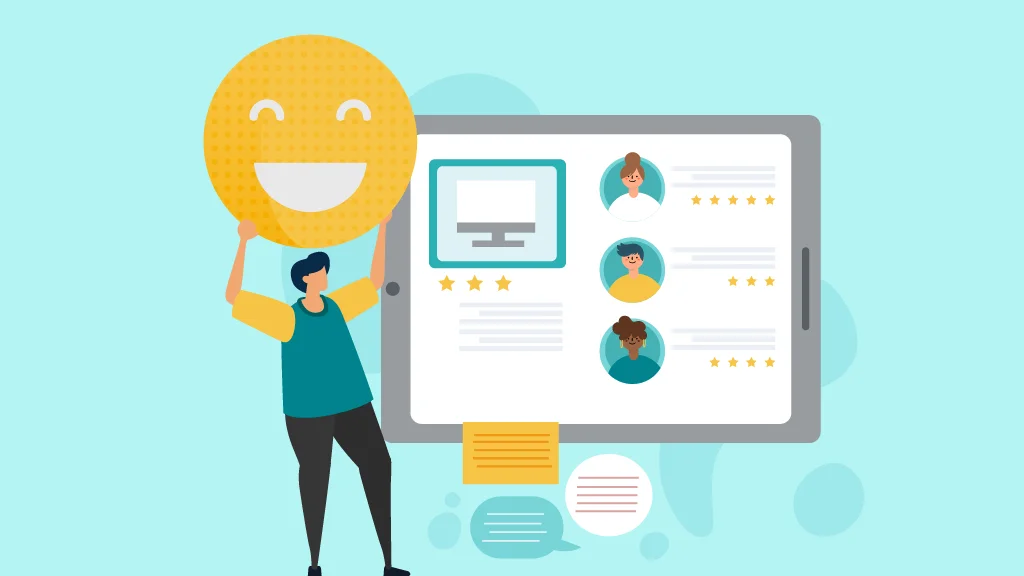8 Ways to Recognize Silent Performers, Introverts, and Behind-the-Scenes Contributors

Team AdvantageClub.ai
October 29, 2025

The room bursts into applause as the project comes to a close. The most vocal team members step forward to be recognized, while the quiet problem-solvers, introverts, behind-the-scenes experts, and silent performers stay in the background. Their steady effort made the success possible, yet their contributions often go unnoticed, a challenge that reflects common anti-recognition preferences in many workplaces. Recognizing introverted employees doesn’t mean pushing them into the spotlight; it means appreciating them in ways that fit their contribution style. Too often, traditional recognition programs focus on visible personalities and major milestones, leaving many employees feeling overlooked.
8 Ways to Recognize Silent Performers, Introverts, and Behind-the-Scenes Contributors
1. Real-Time Recognition for Silent Wins
When it comes to recognizing introverted employees, timing is crucial. Recognition feels most genuine when it occurs immediately after the achievement, rather than months later during a review. Whether it’s resolving a complicated technical issue, optimizing a procedure, or addressing a compliance risk, small but significant victories should be recognized right away, as outlined in the AVI Recognition Framework.
Real-time silent employee recognition examples include:
- A special thanks for the timely and correct financial report reconciliation.
- Praising the developer who quietly solved a significant system problem.
- Valuing process improvements that spare coworkers hours of labor.
2. Strategic Rewards Platform for Equitable Appreciation
Why this approach works:
- Shifts focus from "who spoke the loudest" to "who created real value."
- Ensures steady, detail-driven contributors aren't left behind, aligning with principles of bias-free recognition ethics.
- Promotes fairness in an introvert-friendly workplace.
3. Pulse Surveys and Mood-Tracking for Introverts
Introverts frequently refrain from openly expressing their displeasure. In order to develop inclusive recognition programs that also consider the needs of neurodiverse employees, mood trackers, pulse surveys, and quick polls are useful tools. These tools discreetly capture honest feedback and highlight those who might feel underappreciated.
They help by:
- Identifying employees who feel overlooked but won't say it aloud.
- Allowing peers to anonymously spotlight strong contributors.
- Catching dips in morale early so managers can step in with recognition and support.
4. Anonymous Kudos & Inclusive Communities
The following are some best practices for creating inclusive recognition programs:
- Platforms that allow for anonymous praise without requiring credit.
- Combining several mentions to find hidden stars.
- Establishing online forums that encourage appreciation of the backstage world.
5. Gamified Recognition for Diverse Personalities
Inclusive gamification can:
- Reward reliability and consistency and not just big, visible wins.
- Highlight contributions like quality assurance or knowledge-sharing.
- Provide multiple recognition paths to suit different strengths.
6. Personalized Delivery of Recognition
- Rather than embarrassing, gratitude inspires.
- An introvert-friendly workplace is created when recognition corresponds with individual comfort zones.
- Everyone feels appreciated when they receive different forms of appreciation.
7. Emphasizing Wellness in Recognition
Recognition should go beyond performance metrics. By linking appreciation to wellness initiatives, companies show they value employees as individuals, which directly strengthens employee satisfaction in the workplace.
Examples include:
- Recognizing participation in stress-busting wellness challenges.
- Appreciating team members who promote healthy practices.
- Offering rewards for engaging in wellness activities.
8. Celebrating Consistency Over Time
Why it matters:
- Avoids bias toward short-term, visible wins.
- Spotlights introverts who keep things running smoothly.
- Reinforces fairness by valuing dependability alongside creativity.
Recognition Reimagined
How can AdvantageClub.ai Help?
At AdvantageClub.ai, the goal is to make recognition fair, inclusive, and deeply meaningful. The platform celebrates employees with tools like real-time recognition, pulse surveys, mood check-ins, and wellness-based rewards.
Employees can share anonymous kudos, join gamified programs, and experience personality-based recognition that matches their preferences. With ADVA, the AI-powered assistant, part of our Agentic AI employee engagement platform, managers can scale quiet employee recognition without losing authenticity. These tools make recognizing introverted employees effortless, making appreciation feel authentic and comfortable. Every employee, whether outspoken or silent, feels like an essential part of an introvert-friendly workplace built on fairness and appreciation.





